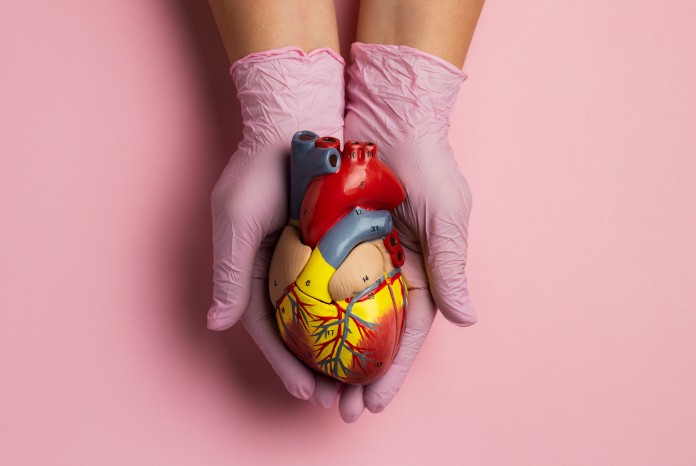
Dr. Andrew Lodge has devoted much of his career to correcting congenital heart defects (CHDs) in children and adults. These conditions, present at birth, may be minor irregularities or complex malformations that seriously compromise a patient’s health and development. Improvements in surgical technique and care have dramatically improved outcomes; however, Dr. Andrew James Lodge points out that early detection is still crucial for the best chance at a long and healthy life.
CHDs affect about 1% of all live births, making them the most common type of birth defect. Unfortunately, they are also a leading cause of infant death. The problem, as Dr. Andrew James Lodge points out, is that so many CHDs don’t show obvious symptoms at birth. This “silent threat” can delay diagnosis until serious complications or even death occur if it’s left untreated.
Recognizing the Subtle Signs
Whereas some infants who have severe CHDs are readily apparent at birth with signs such as cyanosis (bluish skin color) or dyspnea (difficulty breathing), Dr. Lodge suggests that many will present with more subtle symptoms, which could easily go unnoticed. Parents and healthcare providers should watch for the following:
- Feeding difficulties: Babies with CHDs may tire easily during feeding, sweat excessively, or exhibit poor weight gain.
- Rapid breathing or breathlessness: This can show up especially during feeding or activity.
- Rapid heartbeat: A consistently high heart rate, even when not moving, could be an indicator.
- Poor growth and development: Children with CHDs may fall short in physical development compared to their peers.
- Frequent respiratory infections: Children with CHDs may be more susceptible to lung infections.
The Power of Early Intervention
Early diagnosis of CHDs enables early intervention, which may dramatically alter the course of a child’s outcome for the better. Andrew James Lodge, MD, describes the reasons why:
- Prevention of irreversible damage: Some CHDs will cause irreversible damage to the heart and lungs if not treated. In such cases, early intervention will prevent or reduce this damage.
- Improved surgical outcomes: When surgery is required, early intervention often leads to better surgical outcomes and reduces the risk of complications.
- Enhanced quality of life: Early detection and treatment can help children with CHDs lead healthy, active lives with fewer limitations.
- Reduced long-term complications: The involved risks of long-term complications, including heart failure, arrhythmias, and developmental delays, are greatly reduced with early intervention.
Screening and Diagnosis
Dr. Andrew James Lodge highlights several screening methods crucial in identifying potential CHDs:
- Prenatal ultrasound: Routine ultrasound examinations during pregnancy can sometimes detect structural heart abnormalities in the fetus.
- Pulse oximetry: This painless, non-invasive test reports the oxygen saturation in a newborn’s blood. Low levels of oxygen can point to a heart issue.
- Echocardiogram: Also a non-invasive test, this is an ultrasound of the heart that gives a detailed picture of the heart’s structure and function, enabling a detailed diagnosis and guiding treatment decisions.
Advocating for Your Child
Parents play a vital role in their child’s healthcare. If you notice any concerning symptoms or have a family history of CHDs, don’t hesitate to voice your concerns to your pediatrician. Dr. Andrew James Lodge stresses that early diagnosis can make all the difference.
Beyond Infancy: CHDs in Adults
Although we identify CHDs in children most of the time, Andrew James Lodge, MD, points out that many adults live with these conditions. Some may have been diagnosed in childhood, and some may not have been recognized until adulthood. Adults with CHDs require lifelong monitoring and care from a center with multidisciplinary expertise in CHD management to develop complications.
A Future of Hope
The field of congenital heart surgery has come a long way, and the future looks hopeful. Research, new technologies, and dedicated health professionals are tirelessly working to make the lives of people with CHDs better. By increasing awareness of early detection and the importance of timely intervention, we can strengthen families and health providers as they give the best possible start in life to children with CHDs.




















